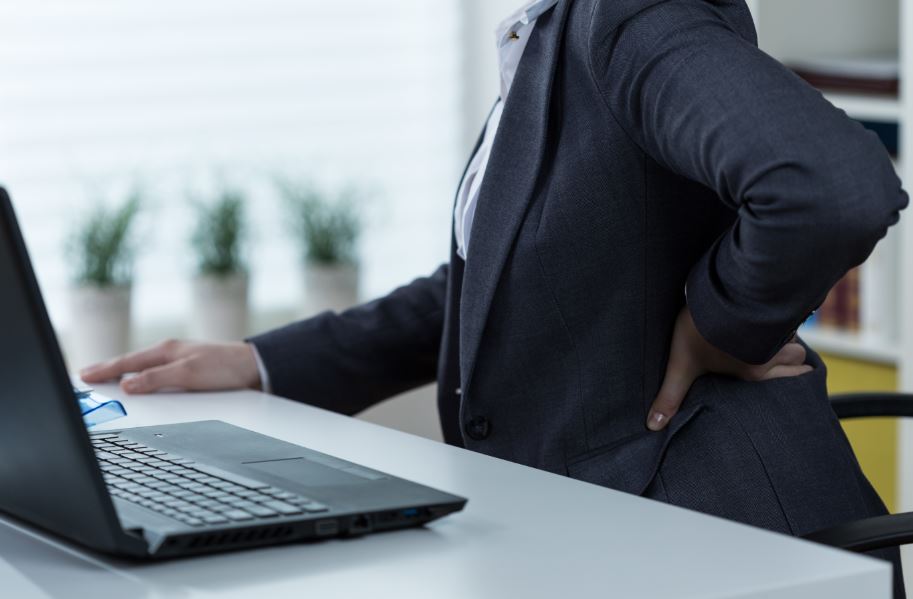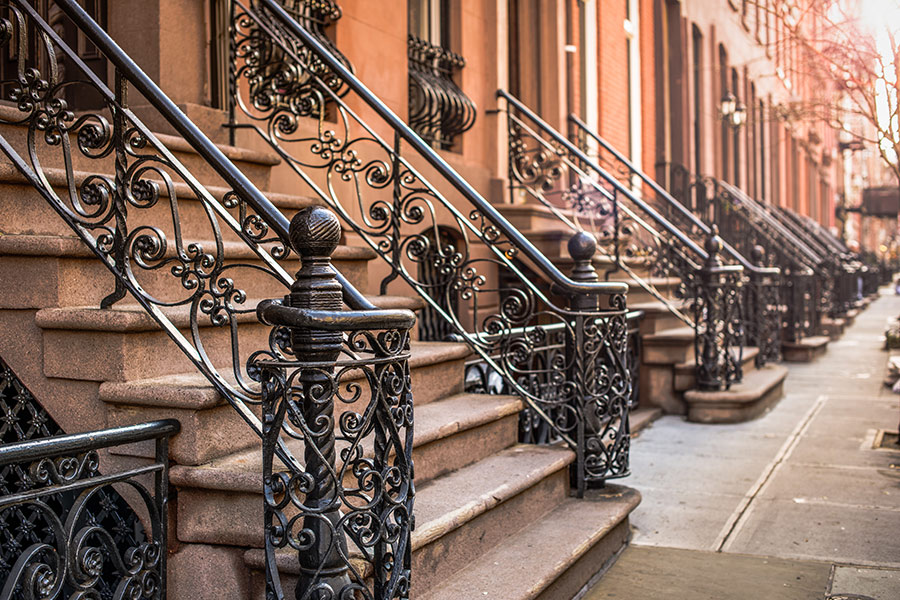
A comfortable work space can help you feel your best. Give your sitting work area a makeover with this visual guide to office ergonomics.
If you sit behind a desk for hours at a time, you're not doomed to a career of neck and back pain or sore wrists and fingers. Proper office ergonomics — including correct chair height, adequate equipment spacing and good desk posture — can help you and your joints stay comfortable at work.
Ready to give your work space a makeover? Get started making your sitting workstation comfortable with this visual guide to sitting workstation ergonomics.
Chair
Choose a chair that supports your spinal curves. Adjust the height of your chair so that your feet rest flat on the floor or on a footrest and your thighs are parallel to the floor. Adjust armrests so your arms gently rest on them with your shoulders relaxed.
Key objects
Keep key objects — such as your telephone, stapler or printed materials — close to your body to minimize reaching. Stand up to reach anything that can't be comfortably reached while sitting.
Keyboard and mouse
Place your mouse within easy reach and on the same surface as your keyboard. While typing or using your mouse, keep your wrists straight, your upper arms close to your body, and your hands at or slightly below the level of your elbows. Use keyboard shortcuts to reduce extended mouse use. If possible, adjust the sensitivity of the mouse so you can use a light touch to operate it. Alternate the hand you use to operate the mouse by moving the mouse to the other side of your keyboard.
Telephone
If you frequently talk on the phone and type or write at the same time, place your phone on speaker or use a headset rather than cradling the phone between your head and neck.
Footrest
If your chair is too high for you to rest your feet flat on the floor — or the height of your desk requires you to raise the height of your chair — use a footrest. If a footrest is not available, try using a small stool or a stack of sturdy books instead.
Desk
Under the desk, make sure there's clearance for your knees, thighs and feet. If the desk is too low and can't be adjusted, place sturdy boards or blocks under the desk legs. If the desk is too high and can't be adjusted, raise your chair. Use a footrest to support your feet as needed. If your desk has a hard edge, pad the edge or use a wrist rest. Don't store items under your desk.
Monitor
Place the monitor directly in front of you, about an arm's length away. The top of the screen should be at or slightly below eye level. The monitor should be directly behind your keyboard. If you wear bifocals, lower the monitor an additional 1 to 2 inches for more comfortable viewing. Place your monitor so that the brightest light source is to the side.
Mayoclinic.org







